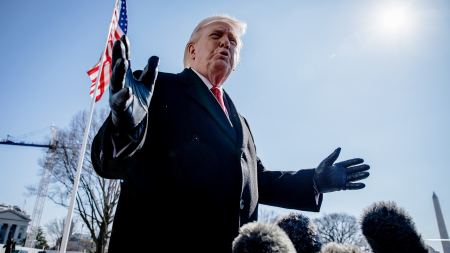Charlie Kirk Day: Honoring a Conservative Voice Lost Too Soon
In a somber yet celebratory acknowledgment, Americans across the country are marking what has been designated as the “Charlie Kirk National Day of Remembrance” on Tuesday, October 14th. This date would have been Kirk’s 32nd birthday, now transformed into a day of remembrance following his shocking assassination just over a month ago. The conservative influencer and founder of Turning Point USA was fatally shot while hosting one of his trademark open-forum debates at Utah Valley University on September 10th, a tragedy that sent waves of grief through conservative circles and beyond. The killing silenced a voice that had become instrumental in mobilizing young conservatives and, according to many supporters, played a significant role in President Trump’s political success.
Following Kirk’s death, a Senate resolution quickly gained momentum, garnering 22 co-sponsors and passing on September 18th. While not establishing a federal holiday or national day of mourning (meaning government offices remain open and flags continue to fly at full staff), the resolution encourages educational institutions, civic organizations, and citizens to observe the day with “appropriate programs, activities, prayers, and ceremonies that promote civic engagement and the principles of faith, liberty, and democracy that Charlie Kirk championed.” The swift legislative response underscores the impact Kirk had made in political spheres despite his young age, with lawmakers determining his contributions merited official recognition – though it remains unclear whether this will become an annual observance.
Today’s commemorations blend formal governmental acknowledgment with grassroots expressions of remembrance. In the day’s centerpiece event, President Trump will posthumously award Kirk the Presidential Medal of Freedom—the nation’s highest civilian honor—in a White House ceremony scheduled for 4 p.m. Kirk’s wife, Erika, will accept this prestigious recognition on behalf of her late husband, a poignant moment that will formalize his legacy in American political history. This honor places Kirk among distinguished company, as the Medal of Freedom is typically reserved for individuals who have made exceptional contributions to the security or national interests of the United States, world peace, or significant cultural endeavors.
Beyond official ceremonies, Kirk’s supporters have organized more personal tributes. Many are wearing red clothing today, embracing the traditional color associated with the Republican Party and conservative values that Kirk championed throughout his career. Others have donned t-shirts emblazoned with “Freedom” across the front, mirroring a shirt that Kirk himself frequently wore at events and was reportedly wearing on the day of his assassination. These clothing choices represent not just political alignment but a visual solidarity in remembrance. In a lighthearted nod to Kirk’s personal preferences, some supporters are also enjoying pancakes today, referencing Kirk’s professed favorite breakfast food, which became known through a viral interaction at one of his Turning Point debates. These unofficial observances, promoted by conservative groups through social media channels like the “Turning Point USA Group” on Facebook, demonstrate how Kirk’s influence extended beyond policy discussions to create a sense of community among his followers.
Kirk’s legacy is complex and multifaceted, reflecting the polarized nature of contemporary American politics. To his supporters, he represented a fresh, youthful voice in conservative activism, someone who made traditional values accessible and appealing to younger generations through his organization, Turning Point USA. Under his leadership, the group expanded dramatically across college campuses, creating spaces for conservative students who often felt marginalized in predominantly liberal academic environments. Kirk’s characteristic style of engagement—willingly entering debates with ideological opponents in open forums—earned him respect even from some who disagreed with his positions, as it demonstrated a commitment to the exchange of ideas rather than echo-chamber rhetoric.
As Americans observe this day of remembrance, Kirk’s life and death provoke reflection on the increasingly heated and sometimes dangerous state of political discourse in the United States. His assassination during a public speaking event—a space intended for democratic exchange of ideas—stands as a stark reminder of how political divisions can escalate beyond rhetoric to violence. While supporters celebrate his contributions and honor his memory through both formal and informal observances today, Kirk’s death also raises uncomfortable questions about the protection of free speech and the safety of political figures in an era of heightened tensions. Whether one agreed with his politics or not, the establishment of Charlie Kirk Day acknowledges that the loss of any voice through violence represents a failure of democratic principles that transcends partisan boundaries, and reminds us all of the fragility of the spaces we create for political discourse.











